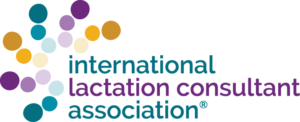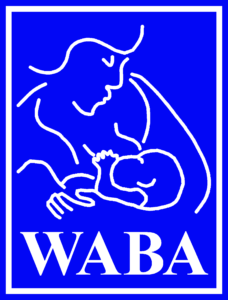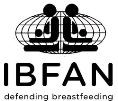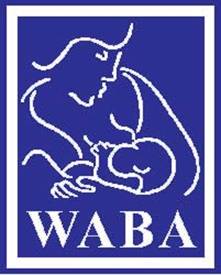Empowerment of rural women and girls: How breastfeeding and skilled lactation support can empower rural women and improve health outcomes
Breastfeeding empowers women, including rural women and girls, to provide their children with optimal nutrition, improve child survival, and promote long-term health for both mother and child. Breastfeeding is the foundation of life.
There are two important and relevant documents which address the means to empower women and girls in this context:
1. The Draft Agreed Conclusions prepared by the CSW62 Bureau highlights importance of implementing economic and social policies for the empowerment of rural women and girls. This document identifies the critical need to increase access to quality care before, during, and after childbirth.
2. The Sustainable Development Goals include ensuring access by infants to safe, nutritious, and sufficient food (2.1); ending all forms of malnutrition and achieving targets on stunting and wasting in children under 5 years of age (2.2); addressing the nutritional needs of lactating women (2.2); reducing neonatal mortality (3.2); ensuring access to reproductive health-care services (3.7); and recognizing and valuing unpaid care provided by women and girls (5.4).
It is critical that breastfeeding and skilled lactation support are included in policies designed to achieve the above goals. As the cornerstone of any comprehensive policy designed to improve the health and well-being of childbearing women and their children, breastfeeding can save lives and improve long-term health of the entire community.
Breastfeeding according to World Health Organization (WHO) recommendations has the capacity to save over 800,000 infant lives per year. Human milk is always clean, readily available, requires no access to fuel, clean water, or electricity, and is environmentally sustainable. Human milk provides reliable and sustainable nutrition for optimal growth of infants, while protecting the infant from infection and food insecurity in risky environments. An infant who is not breastfed for the first 6 months of life is 14 times more likely to die compared with an infant who receives human milk only. Infants not breastfed have a higher risk of many diseases. Infants whose mothers lack adequate breastfeeding support are at risk for premature weaning. Women who breastfeed for a shorter duration or not at all are at higher risk of many diseases, and they experience shorter birth intervals with resulting negative health outcomes.
These negative consequences of not breastfeeding have a higher impact among rural women and their children.
- Rural women have poor access to health care. When health care providers offer skilled support for breastfeeding, initiation and duration rates increase.
- Rural women and their infants are at increased risk of disease, and have less access to fuel, clean water, and electricity needed to prepare alternatives to human milk.
By improving health outcomes from day 1, the goal of empowering women and girls is attainable. Lactation support to improve breastfeeding initiation and duration is a critical step toward reaching this goal. Actions to advance breastfeeding as part of nutrition, food security and poverty reduction strategies galvanize efforts to achieve sustainable development goals.
Therefore, we recommend and urge governments, health ministers and political leaders to invest in the future of rural women and girls by developing policies for sustainable practices that increase access to quality care, including skilled breastfeeding support, before, during, and after childbirth.







For more information, contact Revathi Ramachandran, revathi@waba.org.my
